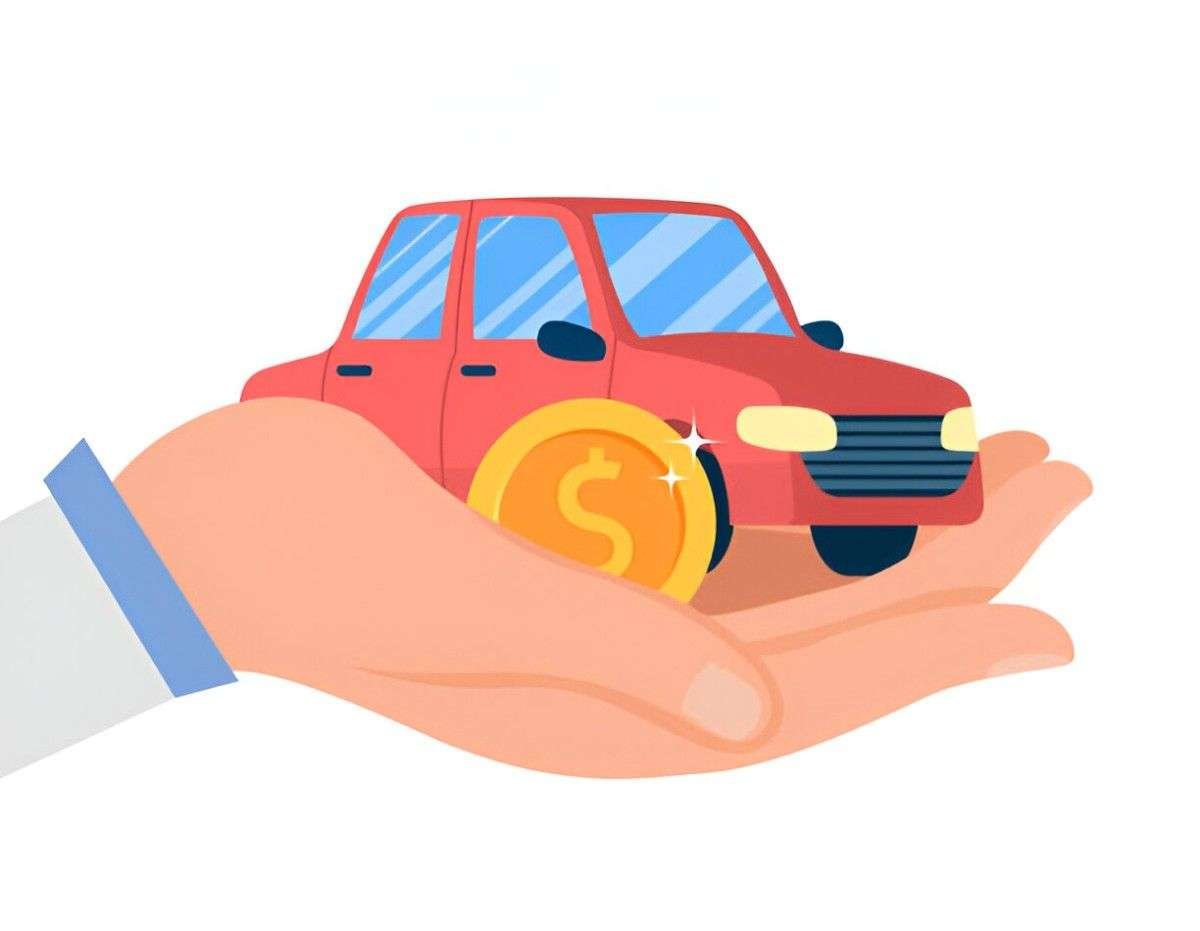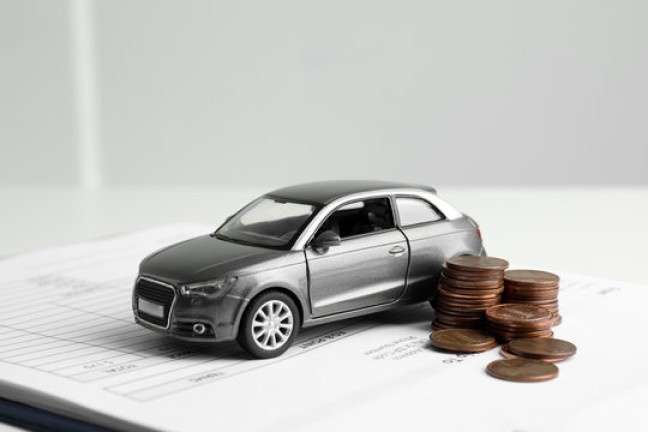Car ownership is a necessity for many, but the upfront costs can be a hurdle. 0 down car financing offers a way to drive off the lot without a significant initial payment. In this guide, I will explore how this financing option works, the benefits and drawbacks, and whether it suits different financial situations.
Table of Contents
What is 0 Down Car Financing?
0 down car financing means getting a car loan without making an initial down payment. Normally, lenders require a down payment to reduce their risk and ensure the buyer has a stake in the purchase. With a zero-down option, the entire cost of the vehicle is financed, and the buyer starts making monthly payments without upfront expenses.
How Does 0 Down Car Financing Work?
The loan covers the full purchase price of the car, including taxes and fees. Lenders assess your creditworthiness, employment stability, and income to determine eligibility. If approved, the financing terms, such as interest rates and repayment periods, are set based on these factors.
Key Factors Considered by Lenders
| Factor | Impact on Approval |
|---|---|
| Credit Score | Higher scores result in lower interest rates and better terms |
| Income Stability | Consistent income assures the lender of repayment ability |
| Debt-to-Income Ratio | A lower ratio increases approval chances |
| Employment History | Long-term employment is favorable |
| Vehicle Type | Newer models with higher resale values are preferred |
Pros and Cons of 0 Down Car Financing
Before considering this option, it’s important to weigh the advantages and disadvantages.
Advantages
- Immediate Access – Buyers can drive away without saving for months.
- Cash Flow Management – Funds can be allocated to other expenses.
- Potential for Better Investments – Instead of tying money in a down payment, funds can be used elsewhere.
Disadvantages
- Higher Monthly Payments – Financing the full price leads to larger installments.
- Increased Interest Costs – Without a down payment, the total interest paid over the loan term is higher.
- Negative Equity Risk – The car depreciates faster than the loan balance, increasing financial risk.
Comparison: 0 Down vs. Traditional Financing
| Feature | 0 Down Car Financing | Traditional Car Financing |
|---|---|---|
| Upfront Payment | None | 10-20% of car price |
| Monthly Payments | Higher | Lower |
| Loan Term | Often Longer | Standard |
| Interest Costs | Higher | Lower |
| Risk of Negative Equity | Higher | Lower |
Who Should Consider 0 Down Car Financing?
While 0 down financing sounds appealing, it isn’t for everyone. It works well for individuals with:
- Strong credit history that qualifies them for low-interest rates
- Steady income that can comfortably cover higher monthly payments
- Short-term ownership plans, where depreciation matters less
On the other hand, those with poor credit may face high interest rates that make the loan expensive in the long run.
Understanding the Cost with an Example
Suppose you buy a car worth $25,000 with 0 down financing at an interest rate of 6% for a 5-year term. The monthly payment calculation is as follows:
Example Calculation
| Loan Amount | Interest Rate | Term | Monthly Payment |
|---|---|---|---|
| $25,000 | 6% | 60 months | $483 |
Now, let’s consider the same loan with a 20% down payment ($5,000):
| Loan Amount | Interest Rate | Term | Monthly Payment |
|---|---|---|---|
| $20,000 | 6% | 60 months | $386 |
The difference in monthly payments is significant, making the down payment option more affordable in the long run.
Tips for Getting the Best 0 Down Car Financing Deal
- Check Your Credit Score – A higher score improves chances of better terms.
- Compare Lenders – Different lenders offer varying rates and conditions.
- Negotiate Interest Rates – Some lenders are willing to adjust rates for well-qualified buyers.
- Understand Total Costs – Factor in interest over the loan term.
- Consider a Shorter Loan Term – Reducing the loan period minimizes interest paid.
Common Pitfalls to Avoid
- Ignoring the Total Loan Cost – Focusing only on monthly payments can be misleading.
- Not Reading the Fine Print – Some lenders have hidden fees.
- Overestimating Affordability – Ensure the payments fit within your budget.
- Failing to Consider Insurance Costs – Zero down financing may require full insurance coverage.
Conclusion
0 down car financing provides an opportunity to purchase a car without upfront costs, but it comes with financial responsibilities. Higher monthly payments and interest rates can impact long-term financial health. By carefully evaluating personal financial conditions and exploring different financing options, you can make an informed decision that aligns with your goals.





